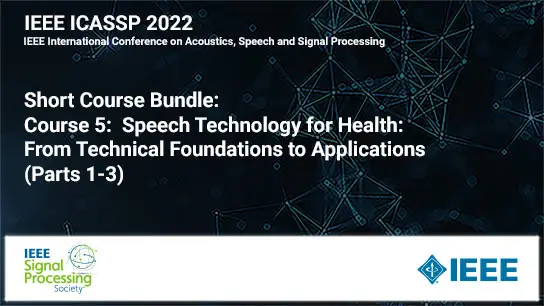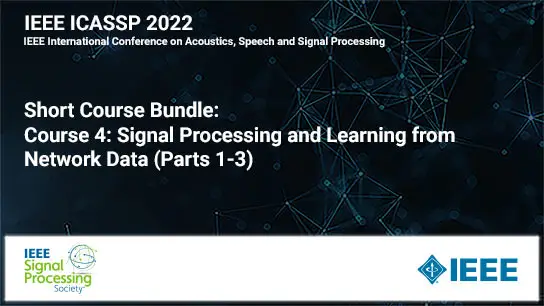Self-Semantic Contour Adaptation For Cross Modality Brain Tumor Segmentation
Xiaofeng Liu, Fangxu Xing, El Fakhri Georges, Jonghye Woo
-
Members: FreeSPS
IEEE Members: $11.00
Non-members: $15.00Length: 00:03:47
28 Mar 2022
Unsupervised domain adaptation (UDA) between two significantly disparate domains to learn high-level semantic alignment is an important yet challenging task. To this end, in this work, we propose exploiting low-level edge information to facilitate the adaptation as a precursor task, which has a small cross-domain gap, compared with semantic segmentation. The precise contour then provides spatial information to guide the semantic adaptation. More specifically, we propose a multi-task framework to learn a contouring adaptation network along with a semantic segmentation adaptation network, which takes both magnetic resonance imaging (MRI) slice and its initial edge map as input. These two networks are jointly trained with source domain labels, and the feature and edge map level adversarial learning is carried out for cross-domain alignment. In addition, self-entropy minimization is incorporated to further enhance the performance. We evaluated our framework on the BraTS2018 database for cross MRI modality segmentation of brain tumors, showing the validity and superiority of our approach, compared with competing methods.



